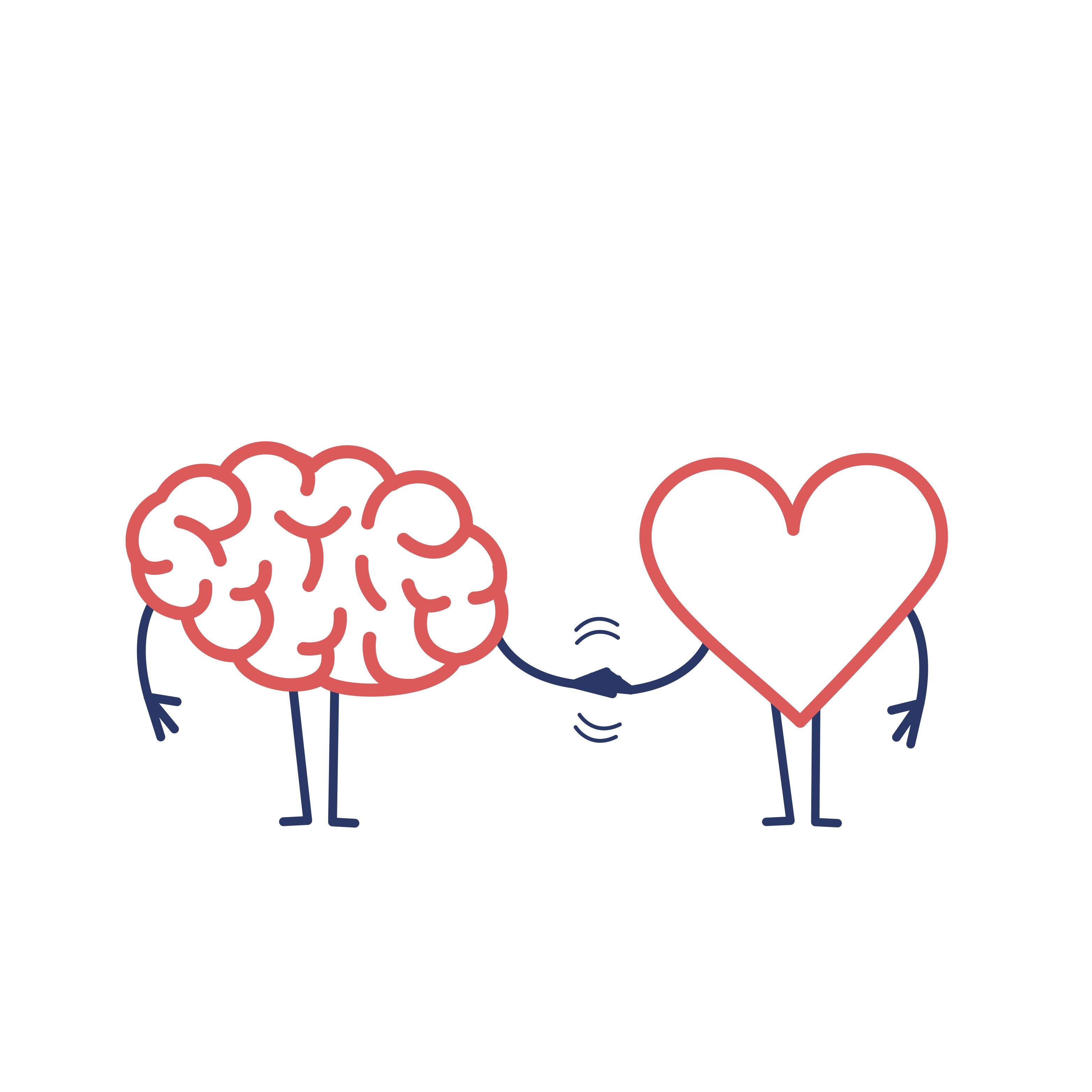Most readers, when they consider the concept of the “feminine approach” in leadership, will relate this to women. However, this information is directed toward all male leaders who are seeking to improve their leadership skills by focusing on a different perspective, such as Emotional Intelligence.
From my professional experience as a process coach who works with many male leaders, I have found that the feminine side of male leadership needs some improvement. However, this topic is a very uncomfortable one for most men. Not many of them want to talk about their feminine side in leadership, as they have been taught to believe that a leader must be very masculine in their approach. By this, they mean someone who is reliable and motivated and who has an excellent decision-making process—someone who is not always seeking help from others and who knows how to lead their team.
To be more open to the feminine approach in leadership, we need to have a better understanding of what the feminine approach really is.
Quite often, the feminine approach is defined as a style of leadership that involves soft skills and behaviours such as empathy, emotional control, effective communication, and a democratic team-style work environment.
With these considerations in mind, the feminine approach becomes more accessible to some of the male leaders. Moreover, I found that another great way of implementing the feminine aspect of leadership in male clients was through Emotional Intelligence. How so? Let me explain…
Consider the term “Emotional Intelligence.” We have two words: “Emotional,” which represents our soft skills and feelings, and “Intelligence,” which describes the mental state responsible for decisiveness, motivation, etc. Most male leaders are very good at the Intelligence aspect but keep their Emotional side hidden so that they avoid being seen as weak at work. What we want to achieve, as leaders, is a “balance” between Intelligence and Emotions. We want to learn how to effectively use them when leading others.
To work well as a leader, we must understand how our Emotional Intelligence operates in a work environment. Many theories and approaches do that. Unfortunately, not all of them are capable of presenting one’s state of mind and emotions at the same time.
The most reliable assessment that I have encountered so far in my career is the Emotional Intelligence Psychometric Test. This test support leaders understanding of their emotions and behaviours at work. This method of assessing EQ enables you to determine why you behave the way you do and how to maximise your engagement and performance at work. It also provides an opportunity to gain a better knowledge of self-awareness, which is the key to success. For most people, learning how they performed on the EQ psychometric test is a game-changing moment. Overall, it touches on the two aspects that very curtail in modern leadership the intelligence and emotions. The understanding of our emotions and emotions of others are the key points of ethical leadership in the next upcoming decade.
Male leaders who are more in tune with their emotions/soft skills are capable of reaching their targets faster. By assessing leaders with the correct test and adding feminine approach/ soft skills, we are also increasing the level of their EQ.
Foremost, if we look at the global situation and raising the state of unknown. It is a worth to try a new method of self-care at work that will minimise our stress and anxiety level.
Why do I think this approach is best for male leaders?
I believe that growing pressure and male nature to hide emotions away from others increases in stress and anxiety. By, developing a new soft skill and enhancing emotional intelligence, male leaders are supported at their work and increasing in performance.
Instead of looking for ways to change our male leaders, let’s support them by adding new values to their leadership.


